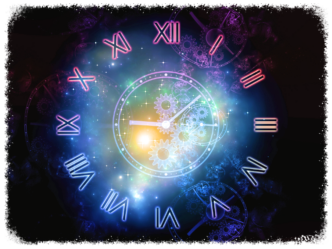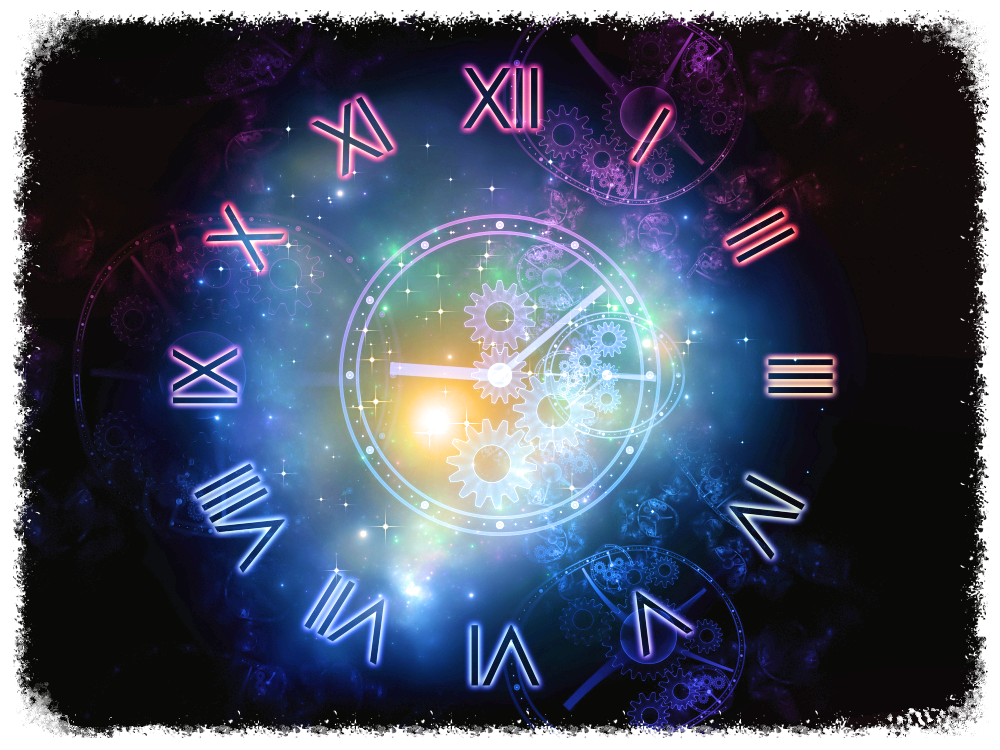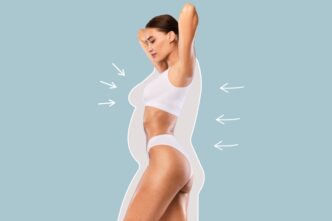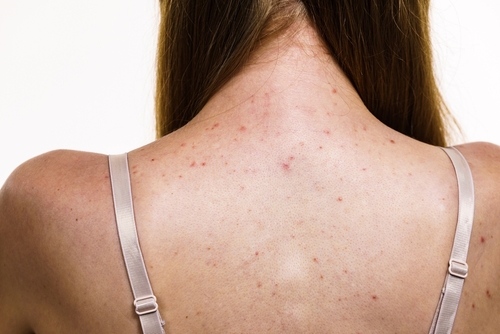WORDS LIM TECK CHOON
Interleukins are a group of proteins that fall under the cytokine category.
They are involved in various important roles in our body, such as coordination of inflammation response as well as stimulation of the growth, differentiation, and activation of immune cells.
In these functions, they act as messengers and coordinators, working with other cells in our immune system to carry out these functions properly.
Of late, some investigators have uncovered intriguing possibilities that inhibition of certain types of interleukins could lead to anti-ageing benefits.
| There are over 40 types of interleukins, numbered IL-1 to IL-40+. Each type has specific functions and targets different cells. They also differ in terms of structure, the cells that produce them, the cells they affect, and their specific roles in immune regulation and response. In this article, the focus is on IL-17 and IL-11. |
Fountain of Youth #1?
INTERLEUKIN-17 (IL-17) AND OUR SKIN
- When the skin ages, increased IL-17 is produced.
- This subsequently leads to an increased number of immune cells such as gamma delta T cells, innate lymphoid cells, and CD4+ T cells—thus creating an inflammatory environment typical of aged cells.
A team of investigators from the Institute for Research in Biomedicine, Spain, and the National Center for Genomic Analysis, also in Spain, performed tests on skin cells that had been obtained from mice.
What Did They Find?
- In this study, the investigators were able to block IL-17 from binding to the skin cells.
- This leads to a slowing down of the skin deterioration associated with ageing on the skin cells.
- The effect is temporary, of course, as one can’t reverse ageing, but it does offer some intriguing possibilities.
A World of Interesting Possibilities
- The investigators studied the effects of blocking of IL-17 activity on hair follicle growth, water loss from the outer skin layer, wound healing, and genetic markers of ageing.
- They found that there were significant improvements in each of these after ageing was significant delayed.
The team plans to investigate further into the effects of IL-17 on inflammation, ageing, and the deterioration of other tissues and organs.
Fountain of Youth #2?
CAN INTERLEUKIN-11 (IL-11) EXTEND OUR LIFESPAN & HEALTHSPAN?
More recently, a team of investigators from the Duke-NUS Medical School, Singapore investigated the effects of inhibiting interleukin-11 on mice.
- IL-11 plays a role in ‘inflammaging’—a long-term low-grade inflammation process that is linked to ageing and age-related diseases.
- The investigators found high levels of IL-11 in the bodies of their mice test subjects.
What Did They Find?
Administration of anti-IL-11 to 75-week-old mice for 25 weeks resulted in the following:
- Longer lifespan
- Improved muscle power and less frailty
- Better liver function
- Loss of fatty tissue
- Lower body weight, blood lipid levels, and blood glucose levels
- Less inflammation and tissue scarring
Have We Found the Anti-Ageing Solution?
Since tests were conducted on mice, not humans, we are unable to confirm at the time of writing that inhibiting IL-11 in human beings would bring about the same effects.
However, Assistant Professor Anissa Anindya Widjaja, one of the investigators, believes that IL-11 inhibition is relatively safe.
She hopes that clinical trials would be able to be carried out to verify the effects of such inhibition on humans as well as to determine potential side effects.
| This article is part of our series on healthy ageing. |
References:
- Solá, P., Mereu, E., Bonjoch, J., Casado-Peláez, M., Prats, N., Aguilera, M., Reina, O., Blanco, E., Esteller, M., Di Croce, L., Heyn, H., Solanas, G., & Benitah, S. A. (2023). Targeting lymphoid-derived IL-17 signaling to delay skin aging. Nature aging, 3(6), 688–704. https://doi.org/10.1038/s43587-023-00431-z
- Widjaja, A. A., Lim, W. W., Viswanathan, S., Chothani, S., Corden, B., Dasan, C. M., Goh, J. W. T., Lim, R., Singh, B. K., Tan, J., Pua, C. J., Lim, S. Y., Adami, E., Schafer, S., George, B. L., Sweeney, M., Xie, C., Tripathi, M., Sims, N. A., Hübner, N., … Cook, S. A. (2024). Inhibition of IL-11 signalling extends mammalian healthspan and lifespan. Nature, 10.1038/s41586-024-07701-9. Advance online publication. https://doi.org/10.1038/s41586-024-07701-9














